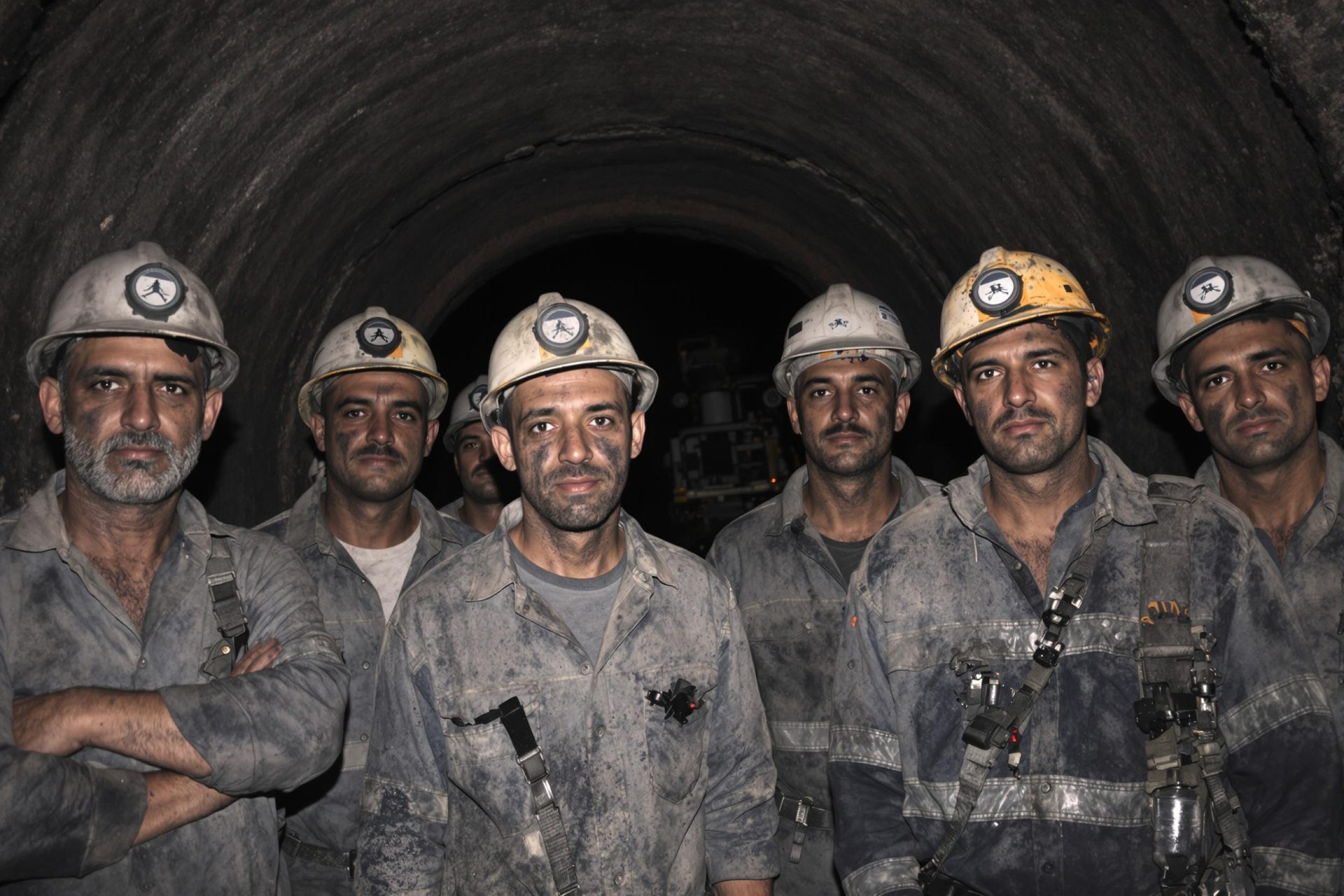Key Takeaways
- Technological shifts like longwall coal mining and AI can boost efficiency but often have unintended negative effects on workers’ social interactions and sense of purpose.
- The move from traditional team-based coal mining to the mechanized longwall method led to reduced teamwork, less worker autonomy, and increased feelings of alienation and mistrust among miners.
- This historical example serves as a cautionary tale for understanding the potential social and psychological impacts of artificial intelligence in today’s workplaces.
- Concerns surrounding AI include decreased human collaboration, potential decline in critical thinking, and a loss of personal satisfaction in completing tasks.
- Integrating new technologies requires careful consideration of their human impact alongside productivity gains.
Think back to a time when a radical new technology promised to revolutionize work, making it easier and boosting productivity. We could be talking about AI today, but let’s consider an older example: longwall coal mining.
In the early 1900s, coal mining involved small teams working together on a rock face, a process known as “hand-got” mining. According to a 1951 paper cited in Psychology Today, this system gave miners a sense of “craft pride and artisan independence,” allowing them to manage their work and achieve goals as a cohesive unit.
Then came the longwall method. A large machine would shear coal onto a conveyor belt across a wide area. While significantly more efficient, it changed the nature of the work. Miners went from collaborating in a team to performing isolated tasks, like operating levers.
This technological shift broke down the tight-knit teams. Work was divided into specialized roles across different shifts, leading to less social connection and a loss of the “responsible autonomy” groups previously enjoyed. The researchers noted this fostered mistrust and made miners feel more isolated.
The impact was profound. Absenteeism reportedly rose, and older miners spoke with a sense of “confused mourning for the past” and dismay about the present. It highlights how focusing solely on technological efficiency can overlook the deep social and psychological needs of workers.
This historical perspective offers valuable insights as we navigate the integration of artificial intelligence into our work lives today.
Like the longwall method, AI promises huge leaps in productivity. But it also raises questions about its human impact. Will relying on AI reduce collaboration? Could it lead to cognitive disengagement, where we uncritically accept AI outputs without deep thought?
There’s concern that we might lose the satisfaction that comes from deep intellectual engagement and pride in our work. Trust could also erode if we suspect colleagues are simply relaying AI-generated content.
While it’s still early, some studies suggest potential impacts, such as a decline in critical thinking associated with AI use, even as others show clear productivity benefits. The effects will likely be complex and debated.
The story of the longwall miners, however, reminds us that technological progress always has a human dimension. As Psychology Today points out, looking to the past helps us understand the potential social and psychological consequences we need to consider as AI reshapes our work.



